Easter 2034: Calendar Date and Significance
Related Articles: Easter 2034: Calendar Date and Significance
- What Day Is Easter 2025? Calendar Date And Significance
- A Calendar Of Calm: The 2025 Wall Calendar For Serenity And Mindfulness
- 2025 Brunei Calendar: A Comprehensive Guide
- Loudwire 2025 Album Release Calendar: A Comprehensive Guide To The Most Anticipated Releases
- Baldwin County School District Calendar 2025-2026: A Comprehensive Guide
Introduction
In this auspicious occasion, we are delighted to delve into the intriguing topic related to Easter 2034: Calendar Date and Significance. Let’s weave interesting information and offer fresh perspectives to the readers.
Table of Content
Video about Easter 2034: Calendar Date and Significance
Easter 2034: Calendar Date and Significance
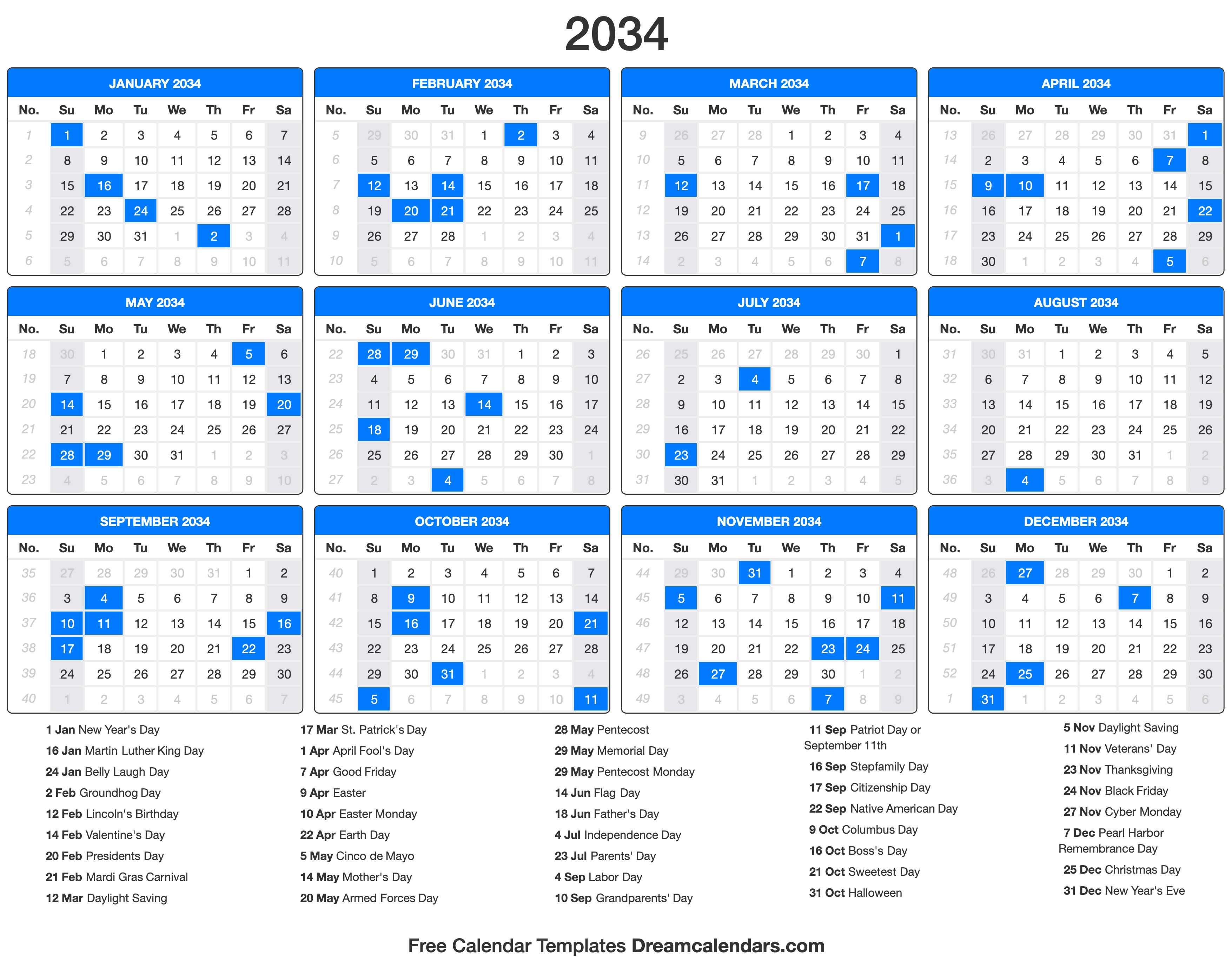
Easter, the central festival of the Christian calendar, commemorates the resurrection of Jesus Christ from the dead. Its date varies from year to year, determined by the lunar cycle and the spring equinox. In 2034, Easter will fall on Sunday, April 8th.
Calculation of Easter Date
The date of Easter is calculated using a complex algorithm that combines astronomical and ecclesiastical factors. It is based on the following principles:
- Vernal Equinox: Easter occurs on the first Sunday after the first full moon following the vernal equinox (March 20th or 21st).
- Paschal Full Moon: The Paschal Full Moon is the first full moon after the vernal equinox.
- Golden Number: A 19-year cycle that determines the date of the Paschal Full Moon.
- Epact: A calculation that adjusts the Golden Number for the difference between the solar and lunar years.
Historical Significance
The celebration of Easter has its roots in ancient pagan festivals that celebrated the arrival of spring. The name "Easter" is derived from the Anglo-Saxon goddess Eostre, who was associated with fertility and new beginnings.
Early Christians adopted the date of Easter to coincide with the Jewish Passover, which commemorated the liberation of the Israelites from slavery in Egypt. The Council of Nicaea in 325 AD standardized the calculation of Easter, ensuring that it would be celebrated on the same day throughout the Christian world.
Religious Observances
Easter is a time of great joy and celebration for Christians. It is a day to reflect on the sacrifice and resurrection of Jesus Christ and its significance for humanity.
Religious observances on Easter typically include:
- Holy Week: The week leading up to Easter, which includes Maundy Thursday, Good Friday, and Holy Saturday.
- Easter Vigil: A service held on the night before Easter, which includes the blessing of new fire and the lighting of the Easter candle.
- Easter Sunday Mass: A special mass held on Easter morning, which celebrates the resurrection of Christ.
- Easter Breakfast: A traditional meal shared by families and friends after the Easter Sunday Mass.
Cultural Traditions
Easter is also associated with a number of cultural traditions, including:
- Easter Eggs: Decorated eggs are a symbol of new life and fertility.
- Easter Bunny: A mythical rabbit that is said to deliver Easter eggs to children.
- Easter Parades: Elaborate parades featuring floats, costumes, and live music.
- Easter Egg Hunts: Children search for hidden Easter eggs, often with prizes or treats inside.
2034 Easter Calendar Date
In the Gregorian calendar, which is the most widely used calendar in the world, Easter 2034 will fall on Sunday, April 8th. This date is based on the following astronomical and ecclesiastical factors:
- Vernal Equinox: March 20th, 2034
- Paschal Full Moon: April 6th, 2034
- Golden Number: 1
- Epact: 11
Conclusion
Easter 2034 will be celebrated on Sunday, April 8th. It is a day of great significance for Christians, commemorating the resurrection of Jesus Christ and the hope of eternal life. Easter is also a time for cultural traditions and family gatherings, bringing joy and celebration to people around the world.
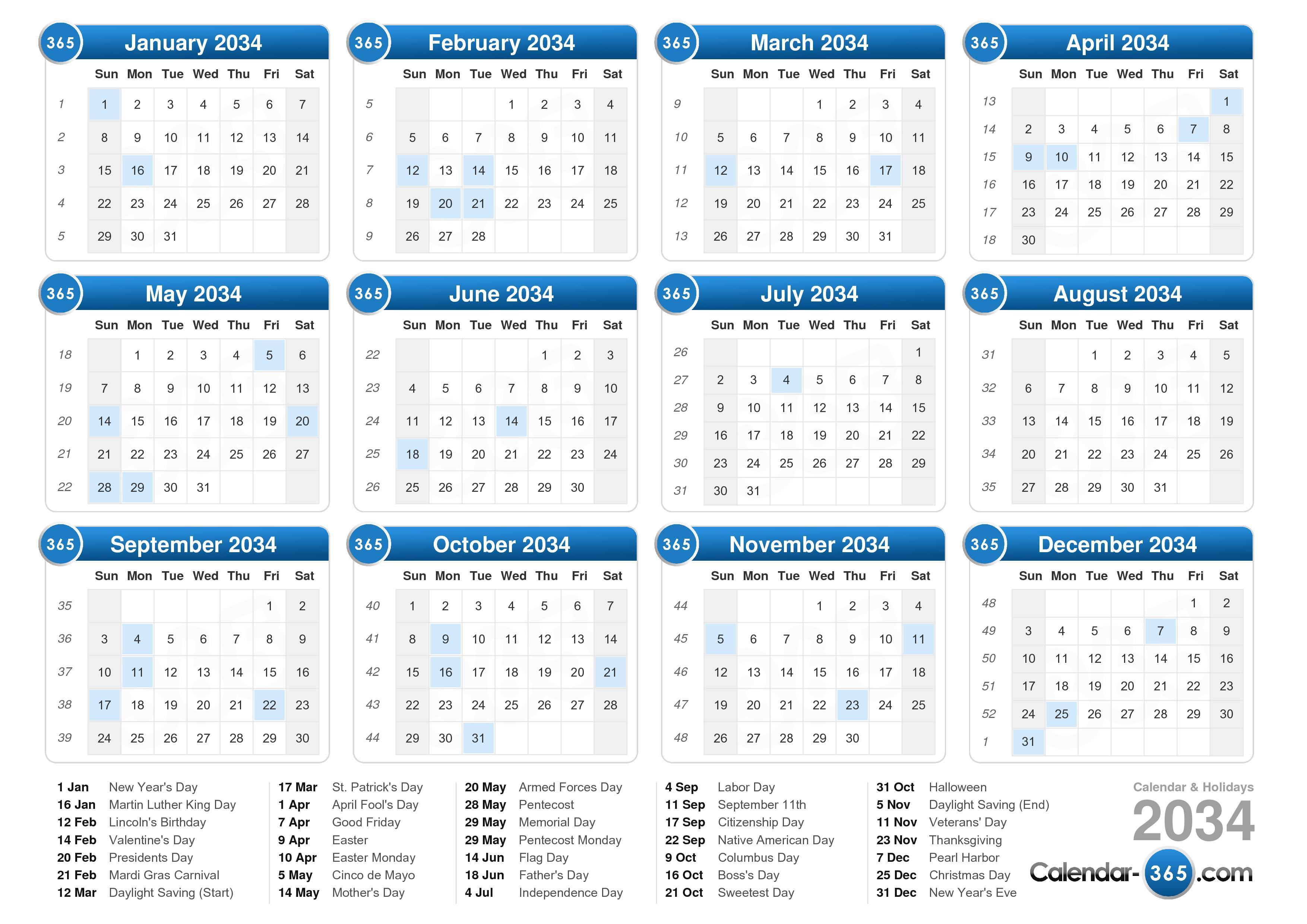

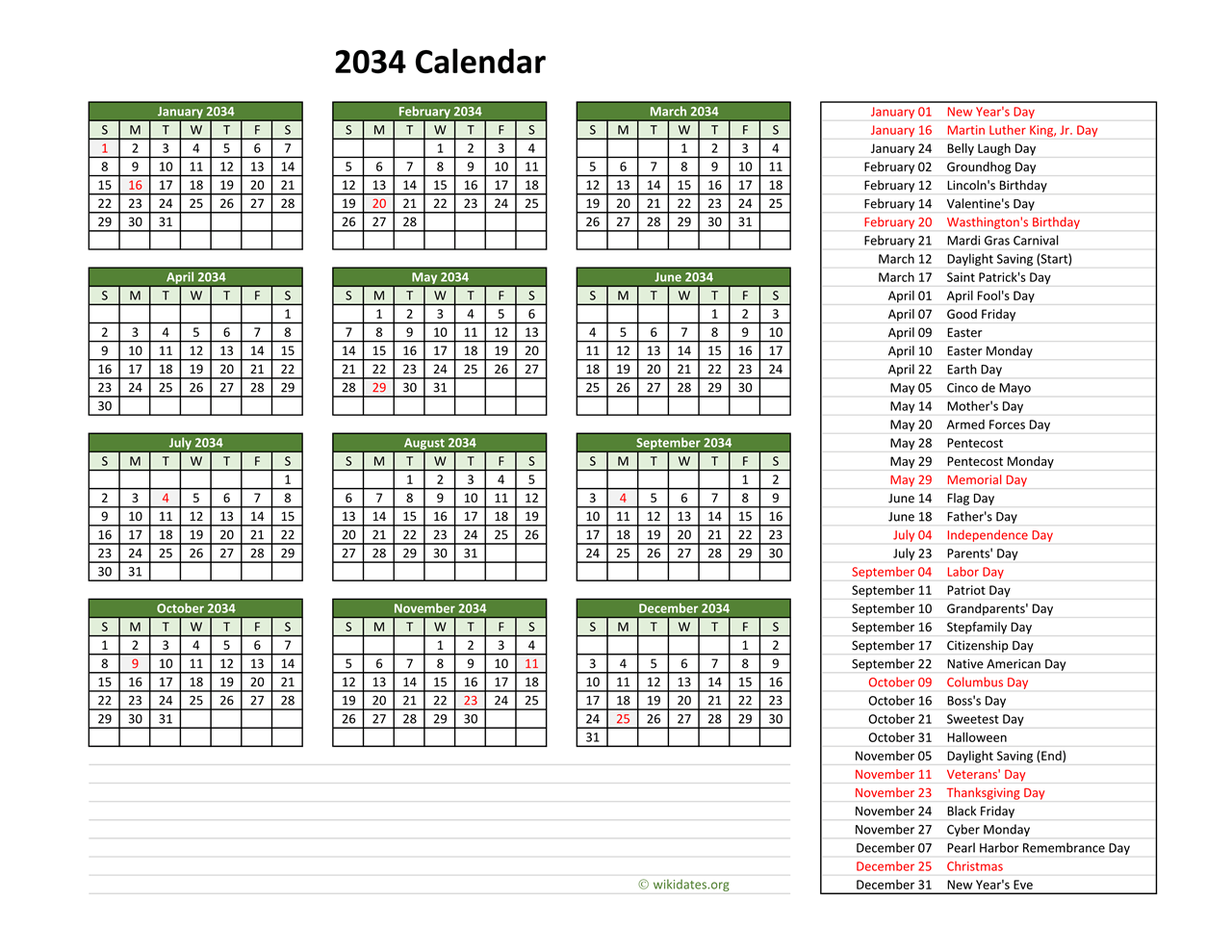

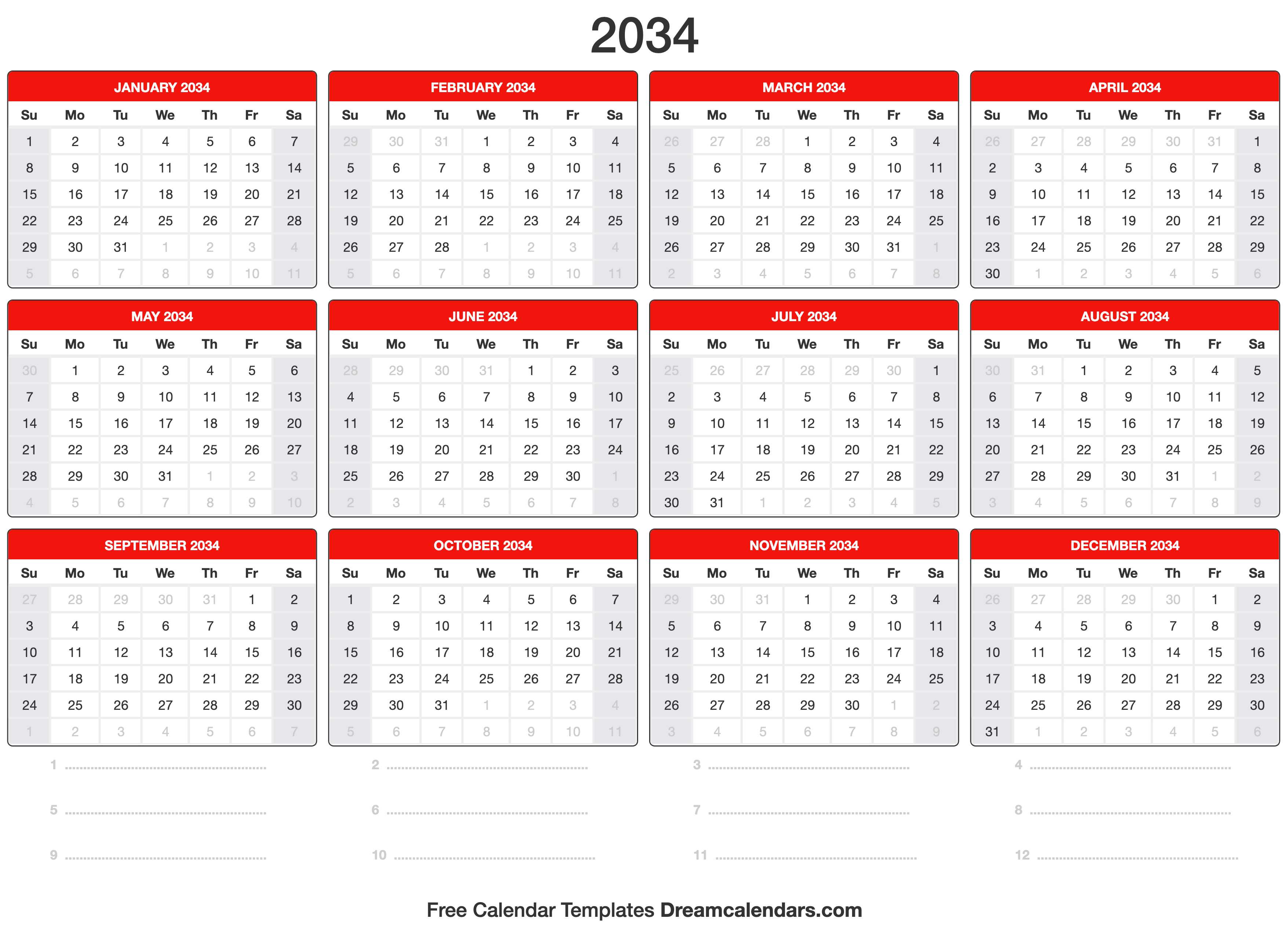
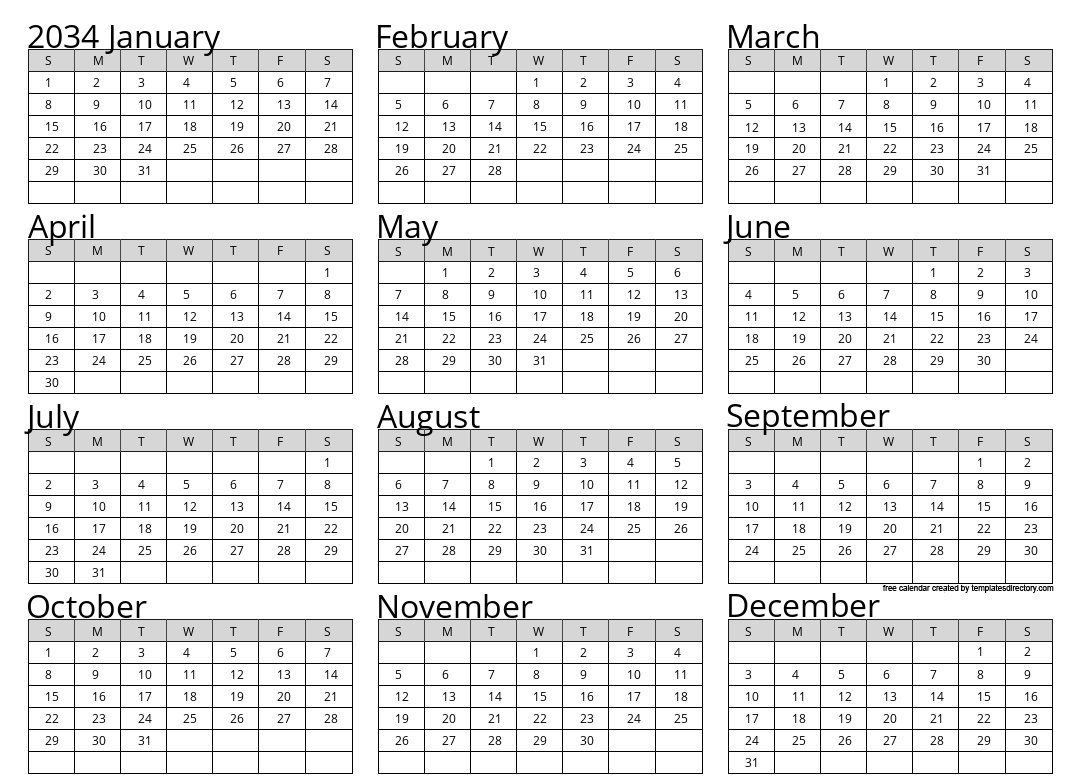
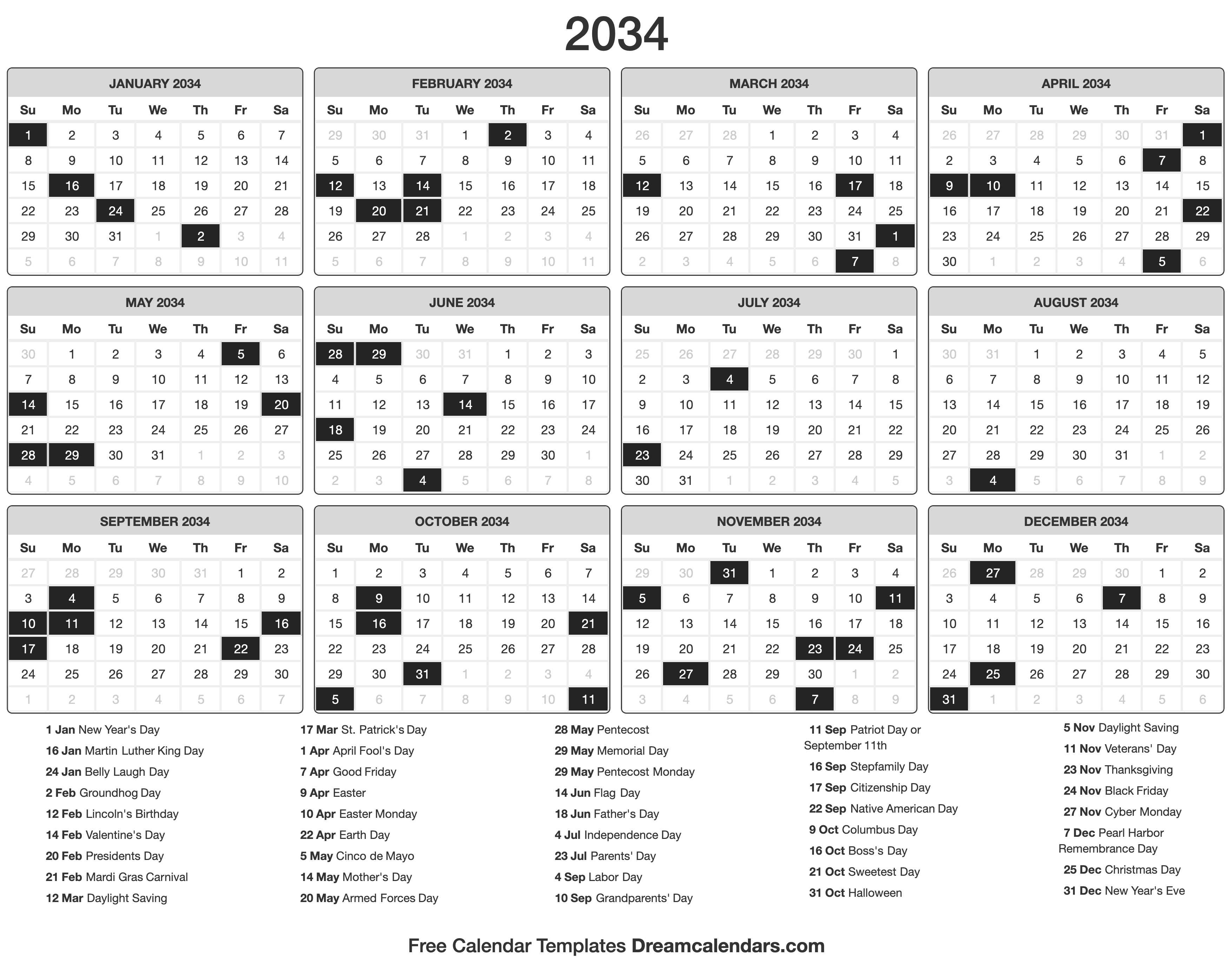

Closure
Thus, we hope this article has provided valuable insights into Easter 2034: Calendar Date and Significance. We hope you find this article informative and beneficial. See you in our next article!